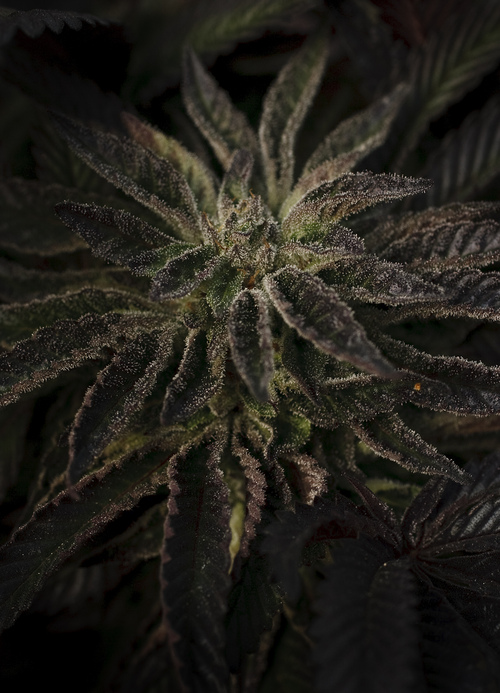This is an archived article that was published on sltrib.com in 2013, and information in the article may be outdated. It is provided only for personal research purposes and may not be reprinted.
It is obvious that Utahns should be allowed access to a marijuana-derived medicine to limit epileptic seizures. One need only hear the stories about heroic parents to know this is not about dodging drug laws.
That is not to say the science has been proven. It's simply that the science should be allowed to go forward, including in Utah. While some of the medical marijuana industry may indeed be a smokescreen for access to recreational pot, it is impossible to dismiss the real research that has produced promising results. This past weekend Salt Lake Tribune reporter Kirsten Stewart detailed results on children in Colorado whose seizures have not been controlled by more widely prescribed pharmaceuticals. And while there is evidence of success in many young patients, there has been no evidence of harm.
The research focuses on cannabis-derived products that are higher in cannabidiol, which helps control seizures and pain, and lower in tetrahydrocannabinol (THC), which produces marijuana's high. We're talking about THC levels around the level of hemp rope. This research has been limited by the U.S. government's classification of marijuana as a Schedule 1 narcotic with no medicinal value. And access to the medicine has been limited by the fact that only 20 states have passed laws to allow medicinal marijuana use.
This has produced medical "refugees," people who move their families in search of cannabis-derived medicine. For a handful of Utah families, it raises the prospect of moving to Colorado. Some already have done it.
But there is a panel of Utah experts — the state Controlled Substance Advisory Group — that could help keep those families in Utah. The group is made up of doctors, police and prosecutors who advise lawmakers on what drugs should be legally kept from Utahns. Some of those Utah families will make their pitch to the group at its meeting Tuesday.
There is a growing body of disciplined, peer-reviewed medicinal marijuana research with double-blind studies that meet the standards of the U.S. Food and Drug Administration for evaluating drug efficacy. Indeed, this research is of a higher quality than much of the science used to justify products coming out of the nutritional supplement industry, which has resisted more FDA oversight.
The debate over full marijuana legalization is complex. Questions abound about whether consumption by minors would increase and whether alcohol abuse would decrease, among other possible outcomes. The legal and social experiments that referendums in Colorado and Washington will provide are well worth watching.
But this isn't about letting the kids have their pot. It's about letting sick kids have cannabis-derived medicine in a controlled, clinical setting. Don't let reefer madness cloud the thinking.





